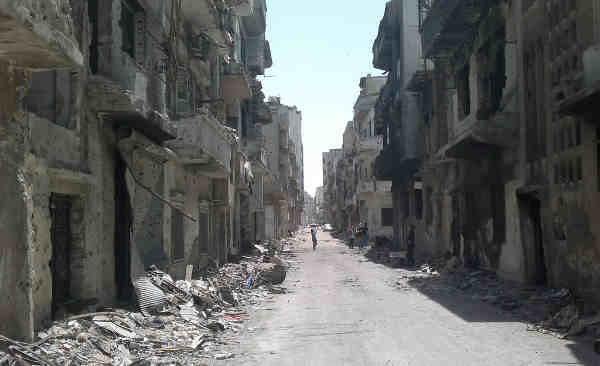Report Reveals Rampant Corruption in the Water Sector

The Water Integrity Network (WIN) commends UN Water for the recognition of the all too prevalent challenges of corruption and lack of integrity in the water and sanitation sector. According to WIN, casting a public light on corruption is a critical part of controlling this scourge.
The water sector is thought to be one of the most corrupt in the world, due to a combination of large infrastructure projects, a high degree of monopoly control, and a high level of discretion on the part of decision-makers.
Estimates of the financial impact of corruption in the water vary considerably, but, according to WIN’s Water Integrity Global Outlook of 2016, at 10%, corruption would be costing the sector anywhere between $80 – 170 billion per annum – in terms of the financial costs of corruption, not the indirect social and environmental costs such as reduced health and lost productivity, and the time costs of collecting water.
This is not a problem restricted to developing countries. A recent study on Identifying and Reducing Corruption in Public Procurement in the EU, conducted by PWC, found that 27% of projects analyzed involved kickbacks and 14% showed a conflict of interest type of corruption.
The study, which was not water sector specific, found that, on average, the estimated probability of corruption was higher in water and waste compared to other sectors and ranged from 25% to 35% of projects with a cost of between EUR 27 million and EUR 38 million.
The negative impacts of corruption hit the poor and the marginalized hardest – those without easy access to power or money for bribes. There is a gendered dimension too, as women are forced to use their bodies as payment for services. Corruption results in the daily violation of people’s human rights to water, sanitation, and a life of dignity.
WIN works with a range of partners to improve integrity in the water and sanitation sectors.
💛 Support Independent Journalism
If you find RMN News useful, please consider supporting us.




